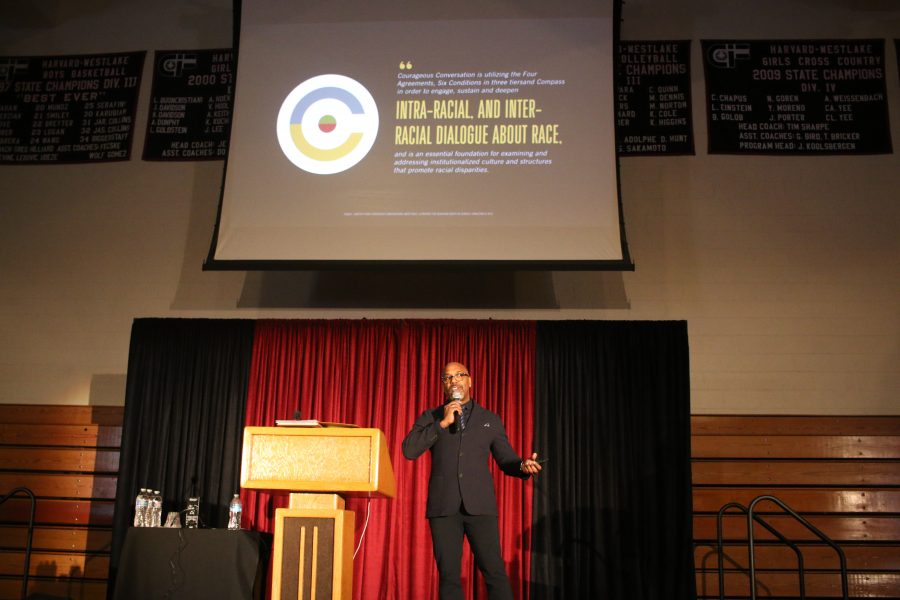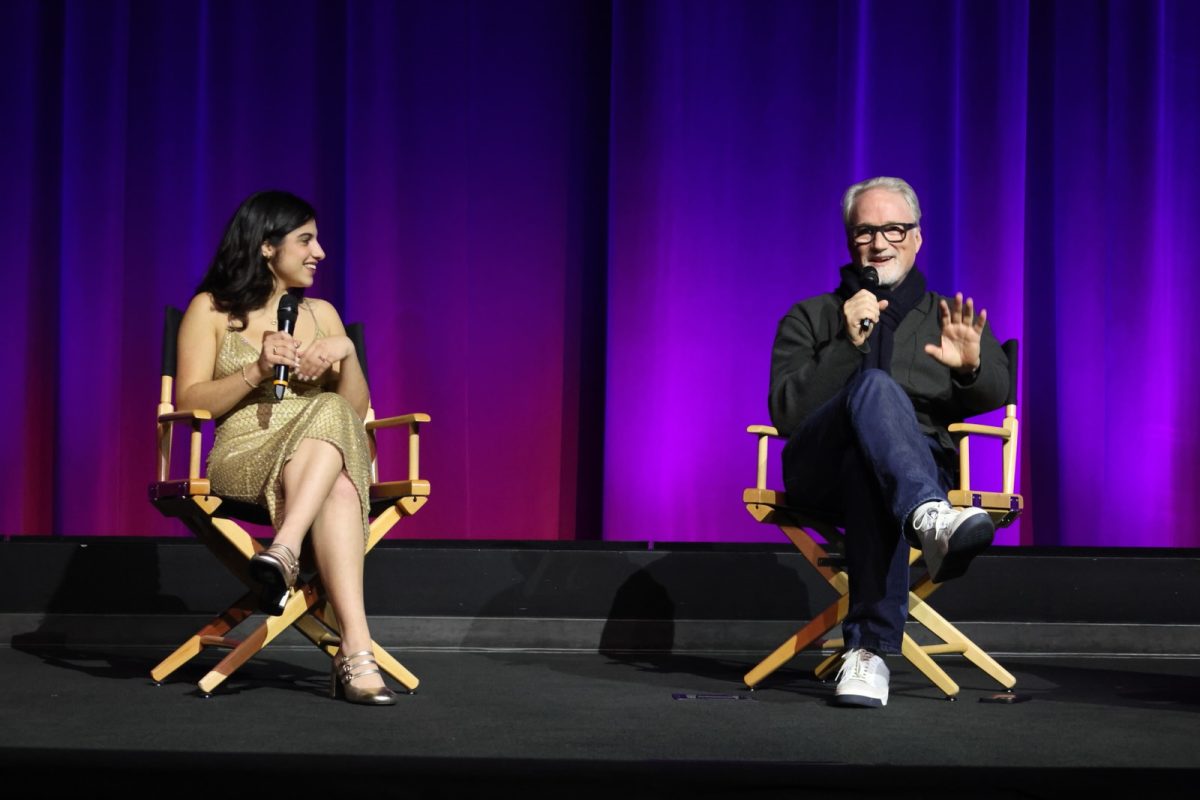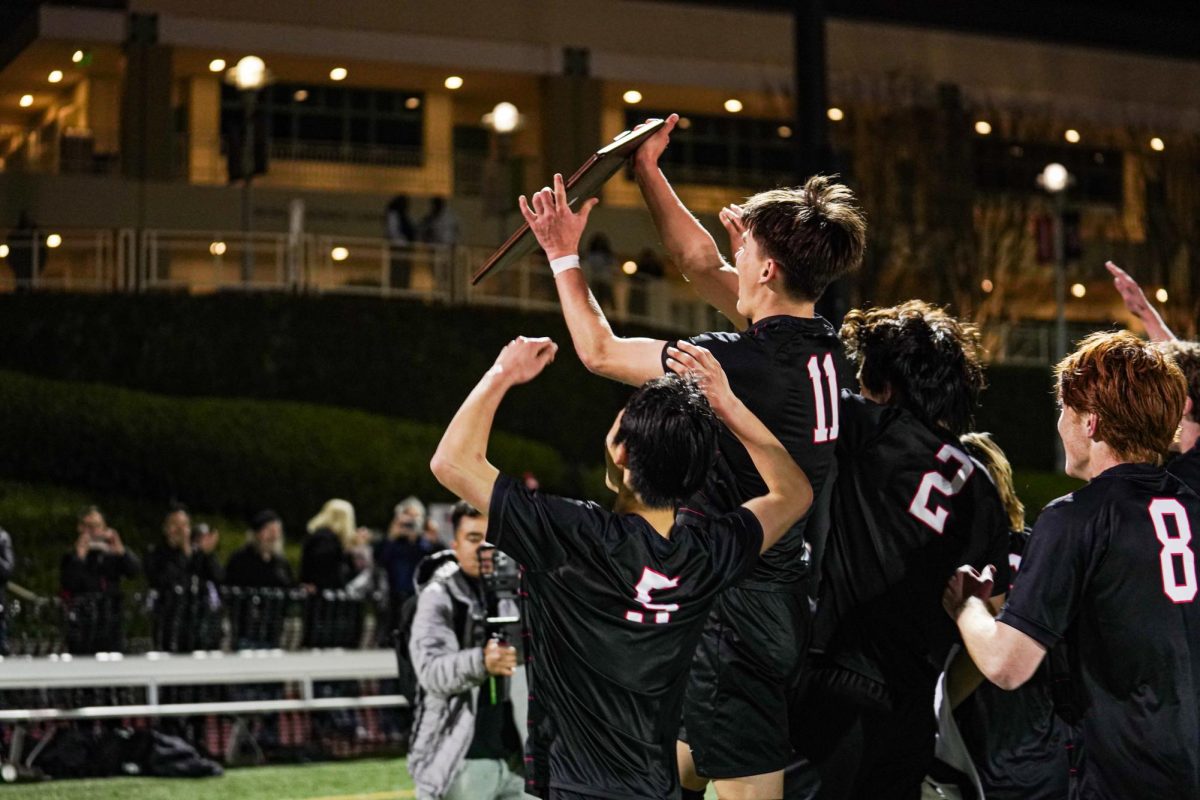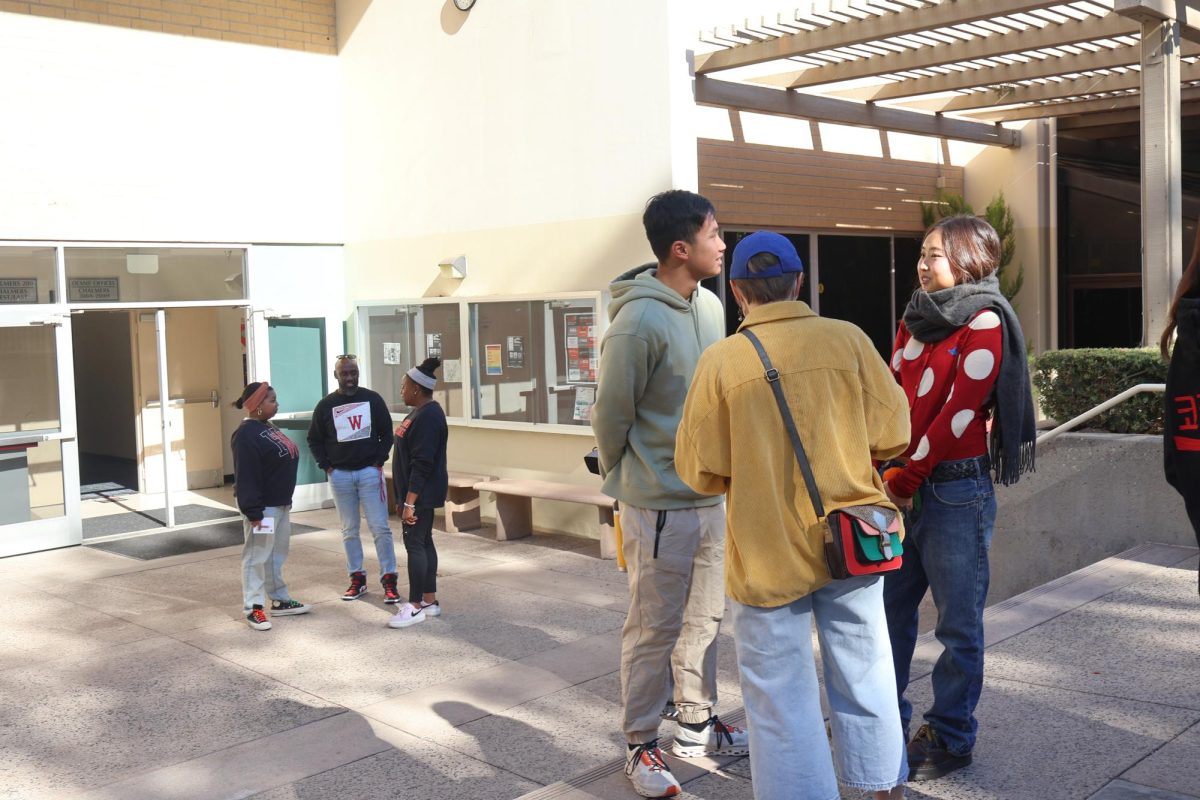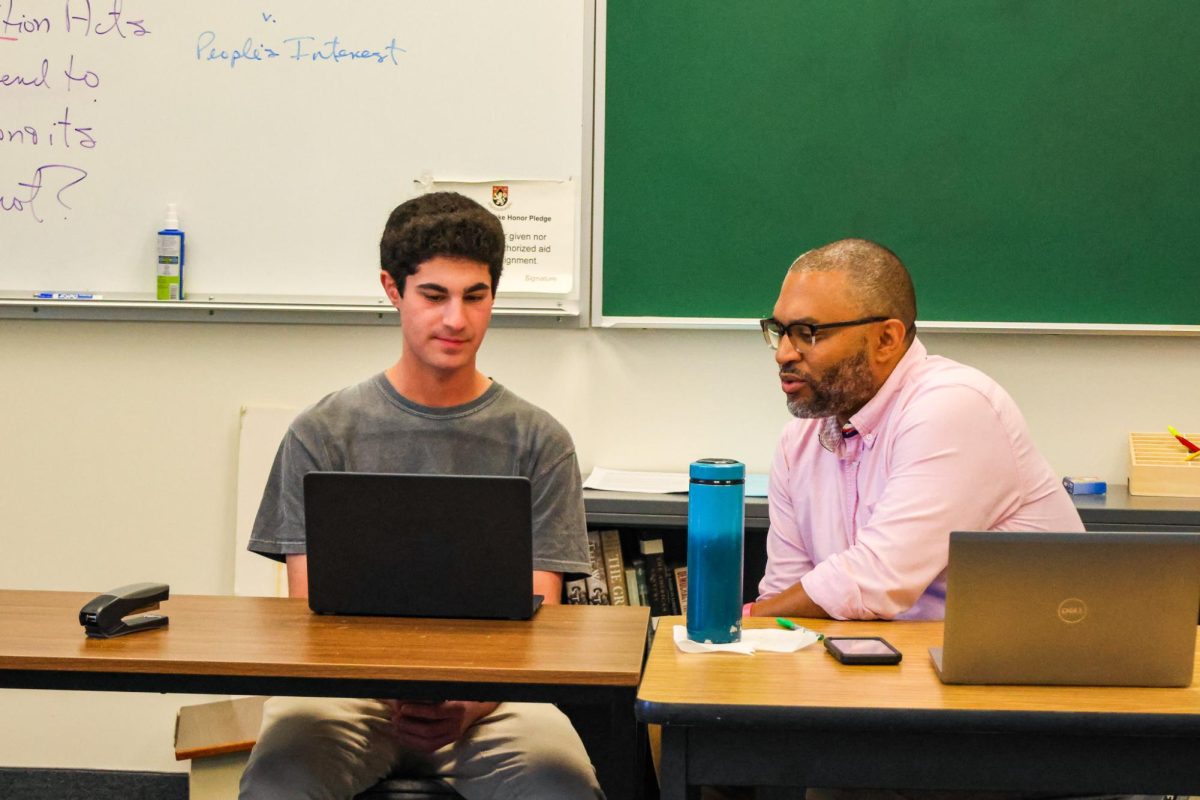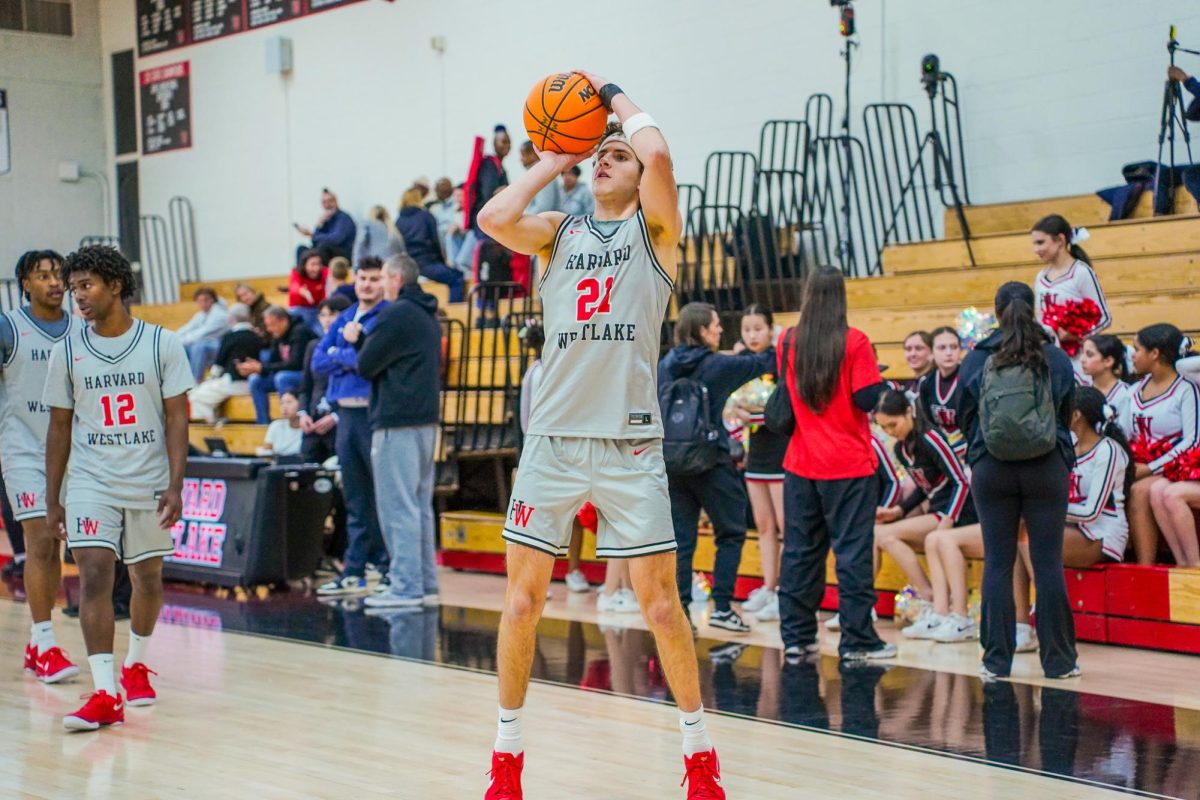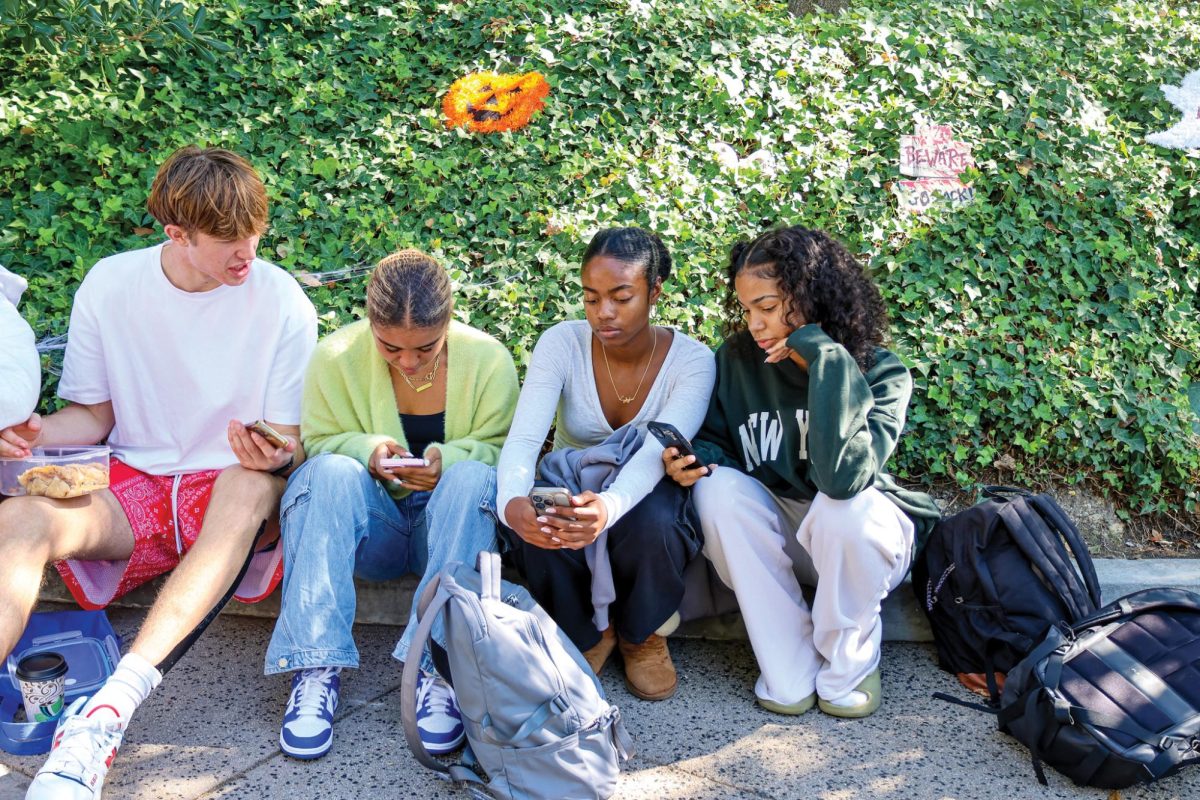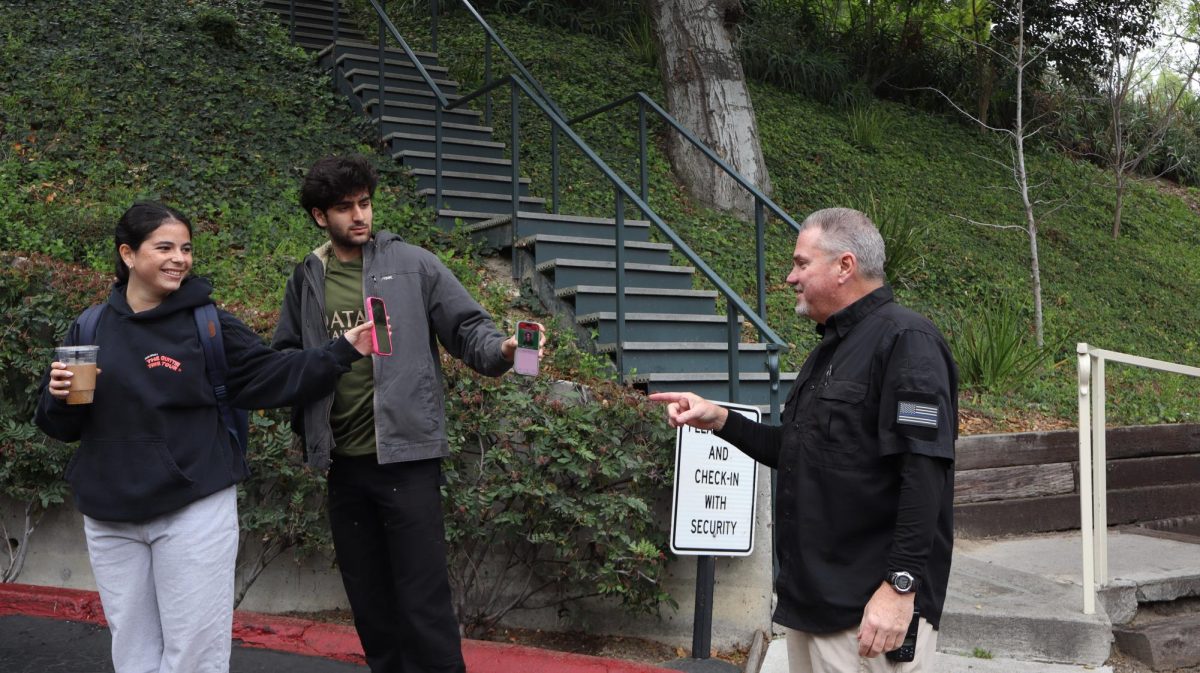Author and educator Glenn Singleton encouraged students and faculty members to engage in effective conversations about racial disparities at Wednesday’s all-school assembly.
The Black Leadership, Awareness and Culture Club decided to host Singleton as their Black History Month speaker to help achieve their goal of fostering conversations about race and allowing all community members to understand their experiences as black students on campus, according to BLACC club member Dylan Faulcon ’18.
“We felt the largest issue with our community was that people just didn’t know how to have these conversations [about race] even if they wanted to have them,” Faulcon said. “Throughout the year, we are trying to introduce the community to our experiences as black students and more generally as a black community and trying to make sure that people understand that they can identify with what we’re talking about.”
Singleton shared memories and personal anecdotes regarding his experience as one of the few black students in a private high school and the challenges he faced. To demonstrate the continuing need for conversation amongst students today, Singleton highlighted how students existing within our own community have faced similar issues.
“[Students] were describing experiences that were the same as I described when I was in school as a highschool student, as a middle school student,” Singleton said. “What I have to help you to get is that this talk is not because people are malicious or people are mean. It’s because we just don’t yet understand and we can’t understand if we don’t have places and spaces to have that conversation.”
Singleton urged students to share their own “black history,” which he defined by the influence of black people in one’s life, and to listen to the histories of others to foster productive dialogue.
“In the conversation, we have to both contribute as speakers, but even more profoundly and powerful, we listen and we take it in,” Singleton said. “And when we listen, we are not listening and preparing what we’re going to say, it’s really listening so that what comes from the listening primarily will be questioning to the person who just shared the story. If you’re truly listening, you are going to be moved about his conversation about race and Black History Month, and that it won’t be about your story and Black History Month, it’s going to be about the powerful story that your peer just shared with you and you’re going to have questions.”
After advising students to participate in these conversations, Singleton advocated that they use the passion they have gained from becoming personally invested in these issues to take action and produce a global impact.
“What I’ve learned last week from those amazing students in Florida is that when this generation of high school students feels personally connected, attached and it’s emotional and [they] take action,” Singleton said. “I’ve got to leave here with everyone in this room feeling a connection to Black History Month because that has not yet happened in this country.”





























